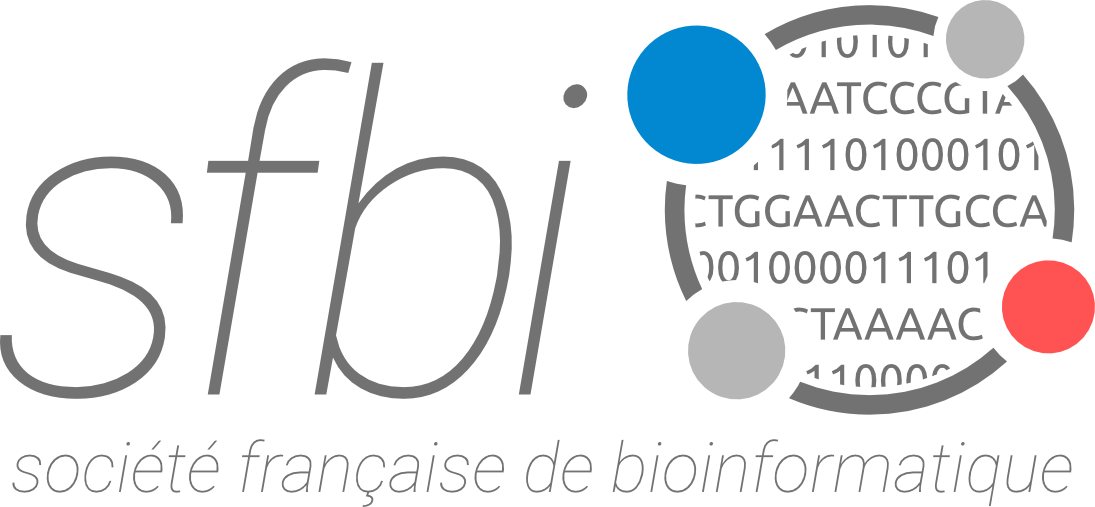Ingénieur de recherche pleteforme de "Spatial transcriptomics" (H/F)
CDD · IR · 36 mois (renouvelable) Bac+8 / Doctorat, Grandes Écoles Ecole Normale Supérieure de Lyon · Lyon (France)
Date de prise de poste : 1 mars 2022
Mots-Clés
spatial transcriptomics single cell NGS machine learning
Description
The Spatial-Cell-ID facility of Lyon is seeking a highly talented Bioinformatician/Computational Biologist. The
successful candidate will lead the development of methods and pipelines to analyze biological data
generated.
Spatial-Cell-ID is a new national spatial transcriptomics facility funded by the French “EquipEx+” excellence
initiative and led by the École Normale Supérieure of Lyon (ENSL). It aims to study cellular identity and its
spatial heterogeneity within tissues, organs, or biological systems in normal and pathological contexts,
through very recent developments in spatial transcriptomics. Spatial transcriptomics technologies were
elected “Method of the Year 2020” by the Nature Methods journal and are currently revolutionizing our
ability to study complex biological systems. Spatial-Cell-ID offers national equipment for spatial
transcriptomics that integrates imaging, sequencing, and data analysis technologies which in synergy will
provide access to the transcriptome of any single cell within its native spatio-temporal environment. It hosts
a comprehensible selection of technologies, including single-cell transcriptomics (10x Genomics), untargeted
spatial transcriptomics (e.g., Slide-seq), and targeted spatial transcriptomics (e.g., MERFISH), associating
state-of-the-art technological platforms of the University of Lyon. The data analysis hub of Spatial-Cell-ID will
be located at the École Normale Supérieure of Lyon.
Role : The appointed candidate will coordinate the data analysis hub of Spatial-Cell-ID and assist the users in
the analysis of their single cell and spatial data. She/he will be working at the ENS of Lyon and closely
collaborate with biologists and bioinformaticians to implement data analysis pipelines and develop new
procedures as needed. She/he will communicate findings, coordinate skill transfers between labs, and
provide training to project members as needed. She/he will be provided with extensive computational
resources (workstations, High Performance Computing facility of the ENS de Lyon) and will benefit from the
support of the bioinformatics community within Spatial-Cell-ID.
Profile :
● Ph.D. or equivalent experience in quantitative science (Bioinformatics, Computational Biology etc.).
● Good knowledge of one or more programming/scripting languages (e.g. Python, R, bash).
● Experience in omics data analysis, ideally in the context of single-cell and/or spatial technologies.
● Experience or the aptitude to quickly become proficient with the following techniques: untargeted
spatial transcriptomics (e.g. Visium, Slide-Seq), targeted spatial transcriptomics (e.g. MERFISH),
image analysis, machine learning methods for the analysis of biological data.
● Excellent communication and collaboration skills. English is the working language.
Candidature
Procédure : Applications should include a CV, a cover letter, and contact details for 3 referees to be sent to: Yad Ghavi-Helm (yad.ghavi-helm@ens-lyon.fr). Please use the email subject “Spatial Cell ID”. For further information please contact the same address. Applications will be considered upon submission, until a suitable candidate has been identified.
Date limite : 6 février 2022
Contacts
Yad Ghavi-Helm
yaNOSPAMd.ghavi-helm@ens-lyon.fr
https://drive.google.com/file/d/1yW5CSnHcQw40n55xJYXtn-5nBe8XJnzE/view
Offre publiée le 18 janvier 2022, affichage jusqu'au 6 février 2022
